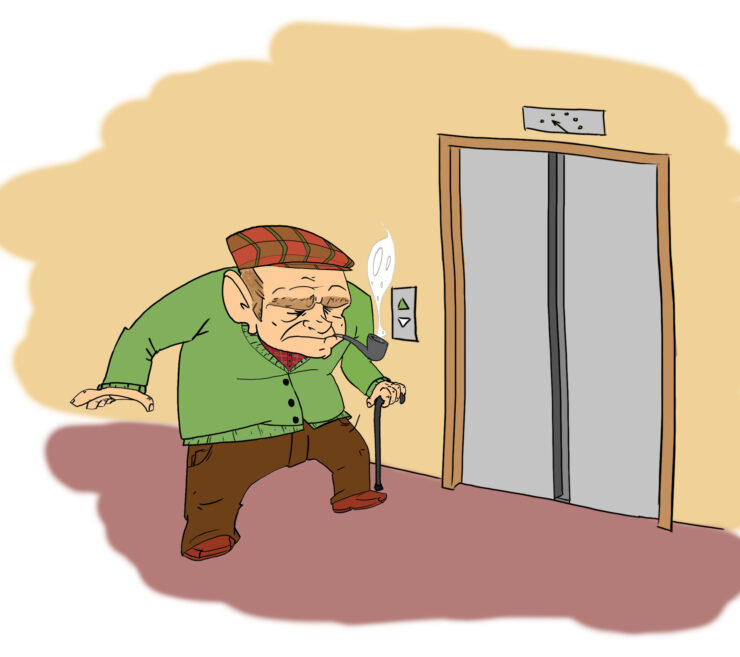Have you ever considered totally changing your lifestyle? Learning a new language? Moving to another city? Or maybe shifting to a completely new type of diet? Probably at a certain point in your life you have done at least one of these things. Today we will talk about one of these big transitional moments: students who make the decision to become a vegetarian.
One of the biggest concerns that people have about this transition has to do with nutritional value. After all, meat is a great source of protein, which means that a sudden drop in protein consumption may make you weaker than usual, feel tired faster, moody, or disinterested in food.
To avoid that, don’t be too drastic in your transition from omnivore to full blown vegetarian. Start out slow by excluding meat products like pork and beef, before narrowing your choices only to chicken.
You can even substitute these meat items with meal replacements like mushrooms or asparagus.
Before making a serious decision, be sure to consult with a doctor to ensure that you don’t have any conditions that make meat and dairy consumption a necessity, for example a vitamin B12 deficiency.
And remember—there is no universal system, everything is up to you.
With that being said, the biggest challenge that I personally faced in my transition was a psychological one. In other words, your parents or relatives who are used to eating meat might be very critical of your decision.
My own grandma once told me a horrendous story about a man who died from not eating meat in response to hearing my decision to become a vegetarian.
But don’t take these family encounters to heart. Most of the time, they only do this to ensure that you are keeping yourself healthy, even if it might sound slightly condescending.
If you are concerned about their opinion, the best strategy is to show them that you are a responsible individual who can take good care of yourself (even if you doubt it sometimes).
And remember, sometimes you might experience a moment of weakness and decide that you want a burger or a sirloin steak. What is important to consider is that there is nothing wrong with that. You are not abandoning any of your principles, or betraying yourself or anyone. What really matters is that you listen to your body—sometimes it might give you a serious indicator that something isn’t quite right.
All this talking about food has made me hungry. What about you? Shouldn’t you eat a bit after all of this reading? Go grab something, a salad or a steak—you decide.





